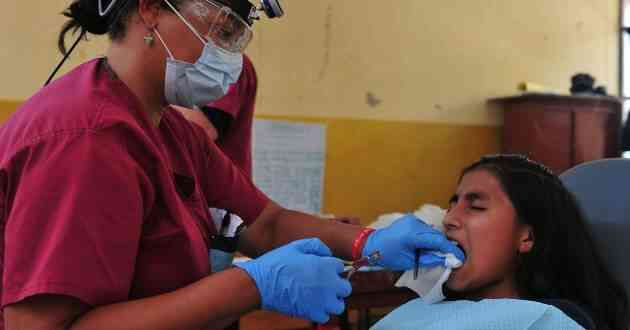8 Consequences Of High Blood Pressure: A Detailed Review
- - Category: Diseases & Conditions
- - 22 May, 2024
- - Views: 91
- Save

High Blood Pressure
High blood pressure, or hypertension, is one of the most common medical conditions in the world. It has serious effects on a person's health and can lead to various complications that can be dangerous and sometimes even fatal. In this article, we'll look at the eight main effects of high blood pressure and how they affect the body.
1. Cardiovascular diseases
High blood pressure is a major risk factor for cardiovascular diseases such as myocardial infarction and stroke. Increased pressure puts additional stress on the heart, causing the walls of the heart to thicken and increase its size. This increases the risk of developing heart failure, arrhythmias, and other cardiovascular problems.
2. Kidney damage
High blood pressure can cause kidney damage and the development of chronic kidney disease. The kidneys play an important role in filtering blood and regulating blood pressure. Constant pressure on the kidney vessels can damage them, which can lead to proteinuria (the presence of protein in the urine), edema, and even eventual kidney failure.
3. Vision problems
High blood pressure can have a negative impact on your vision. This can lead to the development of glaucoma, cataracts, and even vascular eye diseases such as retinopathy, which can lead to vision loss. Constant high blood pressure can damage the small blood vessels in the eyes, leading to poor vision. In some cases, eye doctors can recognize high blood pressure and refer you to a specialist.
4. Brain complications
High blood pressure is a major risk factor for stroke. Constant pressure on the blood vessels in the brain can lead to damage or blockage, which can lead to disruption of the blood supply to the brain. This can cause a stroke, which can lead to a variety of consequences, including paralysis, memory loss, and speech impairment.
5. Metabolic disorders
High blood pressure is often accompanied by obesity and other signs of metabolic syndrome, including elevated cholesterol and blood glucose levels and weight gain in the abdominal area. Constant pressure on the blood vessels can disrupt the regulation of blood glucose levels and increase the risk of developing type 2 diabetes.
6. Sexual dysfunction
High blood pressure can have a negative impact on sexual health in both men and women. In men, this can lead to erectile dysfunction - erectile dysfunction, which is associated with insufficient blood supply to the penis due to vascular damage. In women, high blood pressure can reduce sexual desire and cause problems with orgasm.
7. Inflammation and immune dysfunction
High blood pressure can trigger inflammation in the body and impair the functioning of the immune system. This can lead to an increased risk of developing various inflammatory diseases, such as arthritis, and can also make the body less able to fight off infections.
8. Psychological problems
High blood pressure can have a negative impact on mental health, causing stress, anxiety, and depression. Stress and anxiety can make blood pressure problems worse, creating a vicious cycle. Psychological problems can also lead to poor lifestyle choices, including poor diet and increased alcohol consumption, which can further increase the risk of cardiovascular disease.
The bottom line
High blood pressure is a serious condition that can lead to a variety of complications, including cardiovascular problems, kidney damage, vision problems, brain complications, metabolic disorders, sexual dysfunction, inflammation, immune dysfunction, and psychological problems. It is important to maintain normal blood pressure through a healthy lifestyle, including proper nutrition, physical activity, avoidance of bad habits, and regular medical check-ups. Early detection and treatment of high blood pressure can help prevent many of these complications and ensure long-term health.



